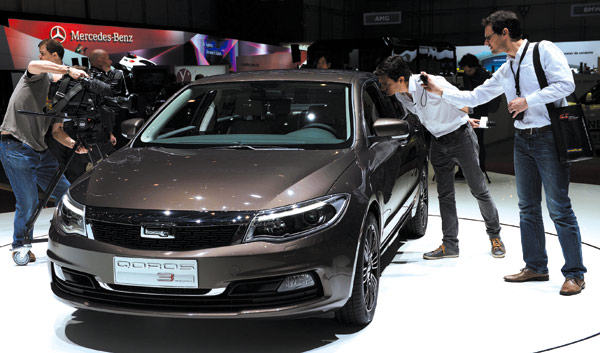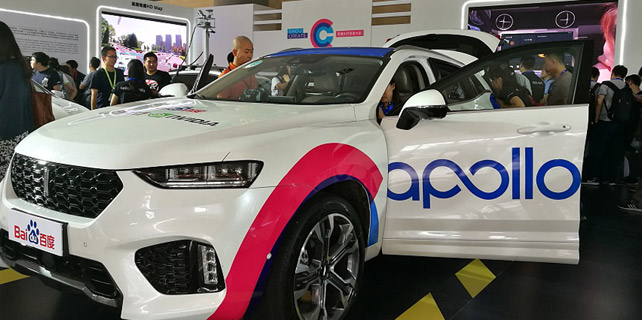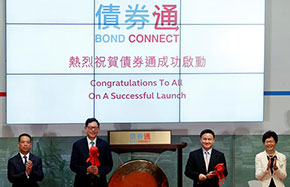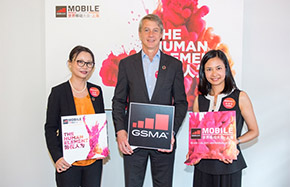Local brands looking overseas
By John Zeng (China Daily) Updated: 2013-06-17 07:37
|
 Qoros unveiled its new sedan at the Geneva auto show in March. It plans to enter the China and Europe markets at the same time. [Photo/Xinhua]
|
Fierce market fuels export hopes, but the gold is at home
Car exports from China rose more than 40 percent last year and were an excellent antidote for the slowing market for domestic carmakers.
Some local firms are showing incredibly high levels of reliance on exports. Lifan, for example, exported 67,000 passenger vehicles, 43 percent of its total sales.
Chinese automakers currently focus on markets in South America, the Middle East, Russia and Eastern Europe.
Some have tried to tap mature markets.
MG, originally a British brand now owned by SAIC, is an example. But it only managed to sell 782 cars in the UK in 2012.
Yet many local brands have announced ambitious strategies for overseas development, even for mature markets including countries in Western Europe.
The new Chinese brand Qoros has scheduled plans to launch its products in Europe and China simultaneously, catching the eye of journalists both at home and abroad.
In 2012, Geely announced plans to enter Western European markets including Britain and Italy. But after failing crash tests in 2005, early attempts by Chinese brands in the EU market proved to be nothing more than wild goose chases.
Since then, Chinese carmakers have made great efforts to improve their safety standards.
In 2011, both SAIC and Geely won high ratings in crash tests by the European safety agency, leading to more people to believe that Chinese brands have now eased some of the barriers to entering the EU market.
Real barrier
But are safety standards the main barrier?
The real bottleneck has turned out to be the sluggish economy in Europe.
The auto markets in Western Europe enjoyed a 10-year golden era from 1998 to 2007 when annual sales reached a historical peak of 150 million.
- China takes firm stance on deleveraging
- China cities top league for global house price growth
- Renault, Brilliance China Automotive agree new venture
- Used car market cruises ahead as limitations lifted
- Brands unite to take new energy market
- China PPI rise 5.5%, CPI up 1.5% in June
- Recalls hit 5m in 2017 so far, more likely to be announced
- China's SPIC hints at merger with China Huaneng


















